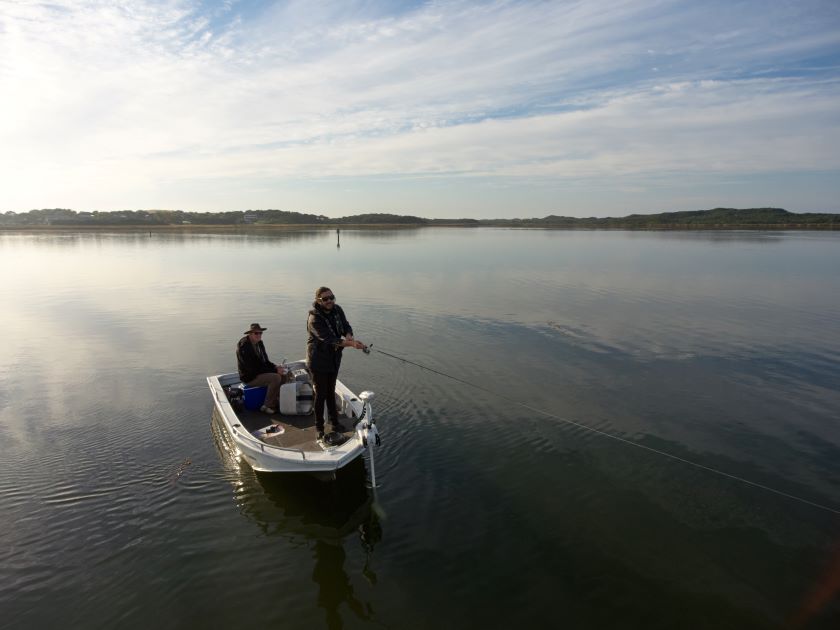Published 7 June 2024

Royal Life Saving Australia urges people to take care around water this long weekend to stay safe and prevent drowning.
Royal Life Saving research shows Australians are more likely to drown on a public holiday than any other day of the year, with the risk of drowning almost doubling (1.73) on long weekends. Alcohol consumption has been found to be a significant contributor to drowning, with with 14% of fatal drowning occurring among people aged 15 years and older involving a blood alcohol content of 0.05% or more.
Over 84% of alcohol-related drowning deaths are male, with people aged 25 to 44 being more frequent to drown. The findings show that most people who had consumed alcohol took part in swimming and recreating prior to drowning.
People tend to travel more to unfamiliar locations on public holidays. Often, this includes inland waterways. Data published in the Royal Life Saving National Drowning Report shows there were 103 drowning deaths in inland waterways in 2022/23. Many of these are in regional areas, and weather and water conditions can be a factor. Alcohol is also more likely to be involved in drowning deaths in inland waterways.
Royal Life Saving Society – Australia – CEO, Justin Scarr, says “We know that many people will be keen to make the most of this long weekend. Of course, we want people to get out and have fun with family and friends, but our message is simple: love the water, enjoy the water, do it safely. Drowning is preventable. Men taking risks and overestimating abilities continues to be our greatest challenge.
“Alcohol consumption in, on and around waterways increases risk-taking behaviour, reduces coordination, and impairs judgement, and too many Australian men in particular are drowning as a result. We urge men to look out for your mates while holidaying, camping, and boating on rivers and lakes.”
Royal Life Saving advises people to Make the Right Call:
- Avoid alcohol around water. Stay out of the water if alcohol has been consumed. It is best to participate in aquatic activities before drinking any alcohol and not re-enter the water afterwards.
- Wear a lifejacket when boating or using watercraft. In the case of an emergency, wearing a lifejacket can increase a person’s chance of survival by 50%.
- Avoid swimming or recreating alone. This means that there will be someone around to call for help, if required.
